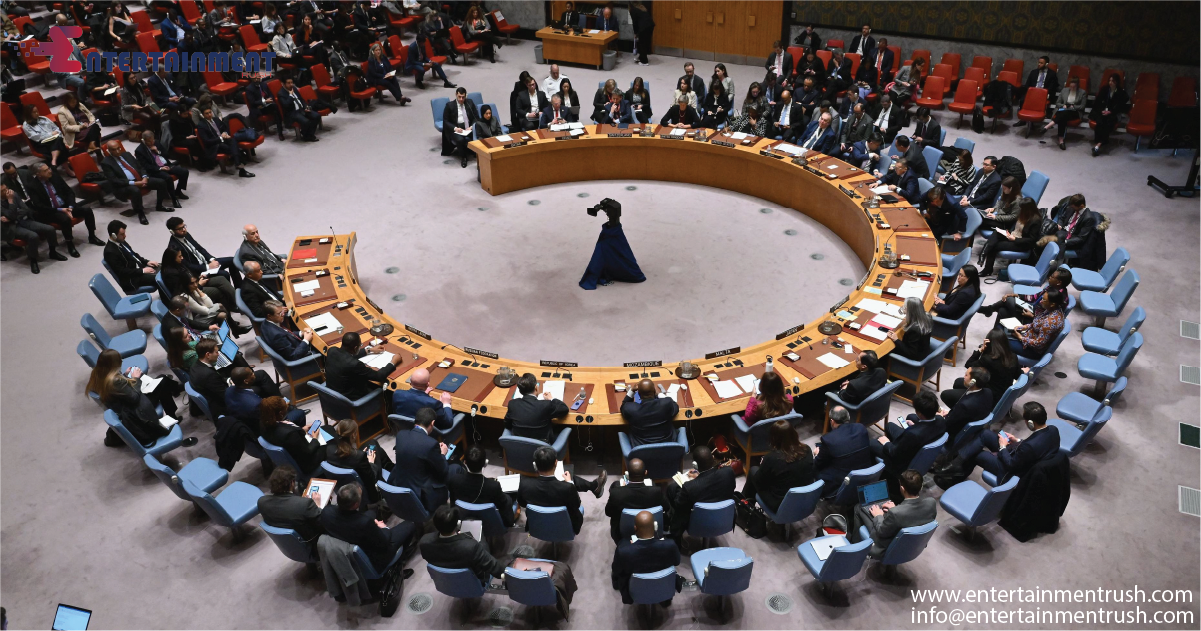The United Nations (UN) plays a crucial role in international efforts to address conflicts and promote peace around the world. Recently, a UN resolution regarding a ceasefire in Gaza has garnered significant attention and raised important questions about its implications. In this blog, we delve into the context, impact, and significance of the UN resolution for a ceasefire in Gaza, exploring the multifaceted dimensions that shape this pivotal moment in the ongoing Israeli-Palestinian conflict.
1. The UN Resolution: A Call for Ceasefire
The UN resolution regarding Gaza calls for an immediate and unconditional ceasefire, aiming to halt the violence and protect civilians caught in the crossfire of the conflict. It underscores the urgent need for de-escalation and the resumption of dialogue to achieve a feeling of lasting peace in the region.
2. Humanitarian Concerns and Civilian Protection
One of the primary motivations behind the UN resolution is the pressing humanitarian crisis unfolding in Gaza. The ongoing violence has resulted in a significant loss of civilian lives, destruction of vital infrastructure, and a dire shortage of essential services such as healthcare and clean water. The resolution emphasizes the need to protect civilians and provide humanitarian aid to those affected by the conflict.
3. International Diplomacy and Mediation
The UN resolution serves as a diplomatic tool to rally international support for a ceasefire and promote diplomatic efforts to end the conflict. It calls on member states to support mediation efforts and engage in dialogue to address the underlying causes of the Israeli-Palestinian conflict.
4. Addressing Root Causes of the Conflict
Beyond the immediate call for a ceasefire, the UN resolution highlights the importance of addressing the root causes of the Israeli-Palestinian conflict. Issues such as settlements, borders, the status of Jerusalem, and the rights of Palestinians are central to achieving a sustainable and just resolution.
5. Implications for Regional Stability
The ceasefire resolution also has broader implications for regional stability in the Middle East. The conflict in Gaza has often sparked wider tensions and conflicts in the region, impacting neighboring countries and regional dynamics. A ceasefire could contribute to reducing tensions and creating an environment conducive to peace talks.
6. Challenges to Implementation
While the UN resolution on a Gaza ceasefire is a significant step towards peace, challenges remain in its implementation. Both parties involved in the conflict must commit to upholding the ceasefire, preventing violations, and engaging in constructive dialogue. International monitoring and support may be necessary to ensure compliance and prevent a resurgence of violence.
7. Global Support and Solidarity
The UN resolution has garnered widespread global support, with many countries expressing solidarity with the people of Gaza and calling for an end to the violence. International organizations, humanitarian agencies, and civil society groups have also rallied behind the resolution, advocating for the protection of civilians and the promotion of peace.
8. Reactions from Israel and Hamas
The reactions from Israel and Hamas, the militant group controlling Gaza, to the UN resolution will be closely watched. Both parties have expressed willingness to consider a ceasefire in the past, but reaching a lasting agreement remains challenging. The resolution provides a framework for diplomatic discussions and negotiations.
9. Role of the UN and International Community
The UN resolution underscores the vital role of the international community in promoting peace and resolving conflicts. It calls on member states to support diplomatic efforts, provide humanitarian assistance, and uphold international law. The UN Secretary-General and other diplomatic envoys may play a crucial role in facilitating dialogue and negotiations.
10. Hope for a Sustainable Peace
In conclusion, the UN resolution for a Gaza ceasefire represents a significant step towards ending the violence and addressing the humanitarian crisis in the region. It highlights the urgent need for de-escalation, protection of civilians, and diplomatic efforts to achieve a lasting peace. While implementation challenges remain, the resolution offers hope for a sustainable and just resolution to the Israeli-Palestinian conflict. As the world watches developments unfold, the role of the UN, international diplomacy, and the commitment of all parties involved will be crucial in realizing the vision of a peaceful and prosperous future for the people of Gaza and the wider region. The resolution serves as a reminder of the shared responsibility of the international community to uphold peace, security, and human rights for all.




Leave feedback about this